Did you know that The Coca-Cola Company applied to register a federal trademark for the term “COCA-COLA ZERO”? It is true. Coca-Cola filed the application with the USPTO on March 4, 2005.[1] The application was published for opposition on April 17, 2007. Not surprisingly, the companies that own Dr. Pepper and 7-Up immediately opposed this registration.[2] The battle has been ongoing for over eight years now.
Without going into too much detail, an executive for Coca-Cola testified recently that there are twelve Coke products that use the term ZERO in the product name.[3] This includes Coke Zero, Cherry Coke Zero, Vanilla Coke Zero and others. This is consistent with Coca-Cola’s trademark application, which identified the relevant goods and services as “Beverages, namely soft drinks; syrups and concentrates for the making of the same.”[4] Nevertheless, the “ZERO” part of the mark almost certainly refers to the marketing of these specific products as having “zero calories” per serving size (i.e., one can or bottle). This presents a series of interesting trademark concepts.
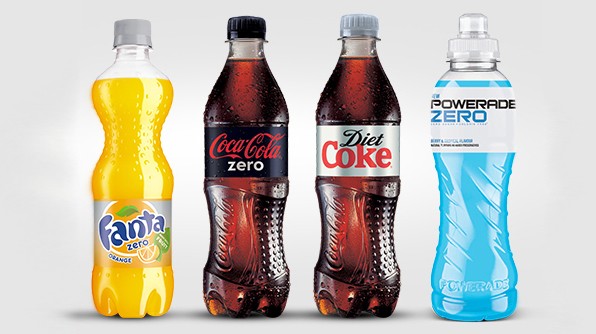
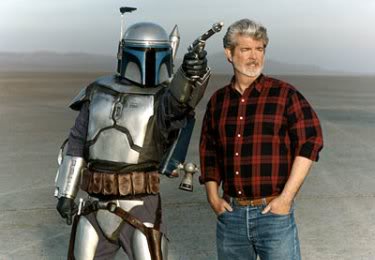
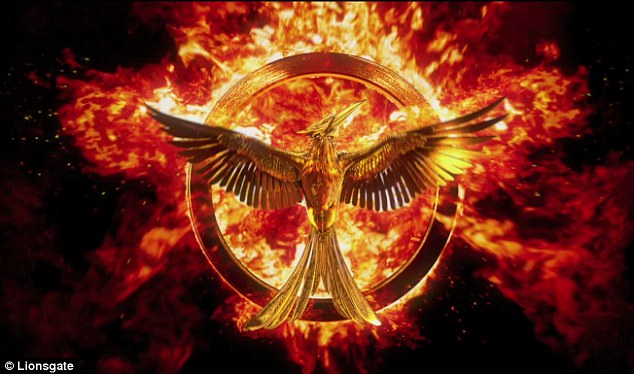
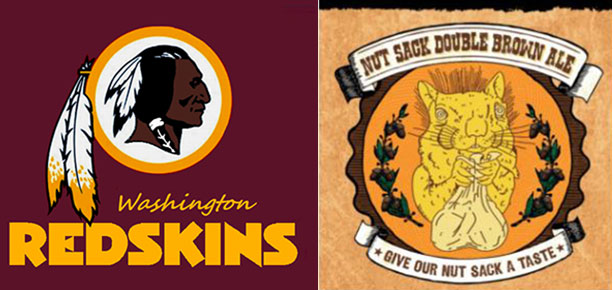
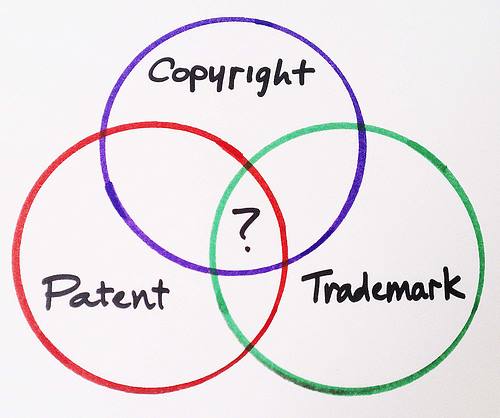

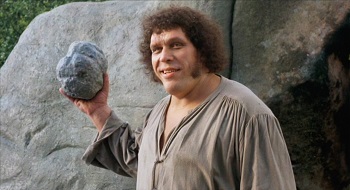
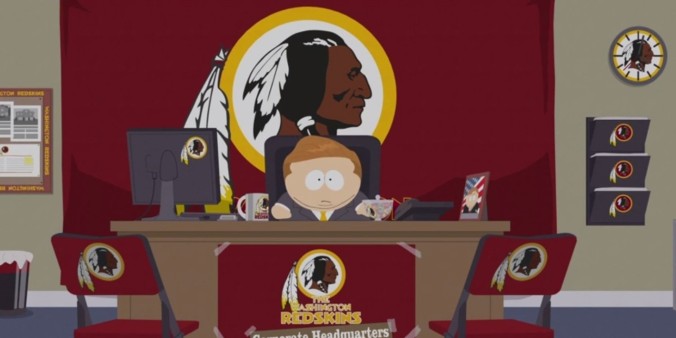
Recent Comments